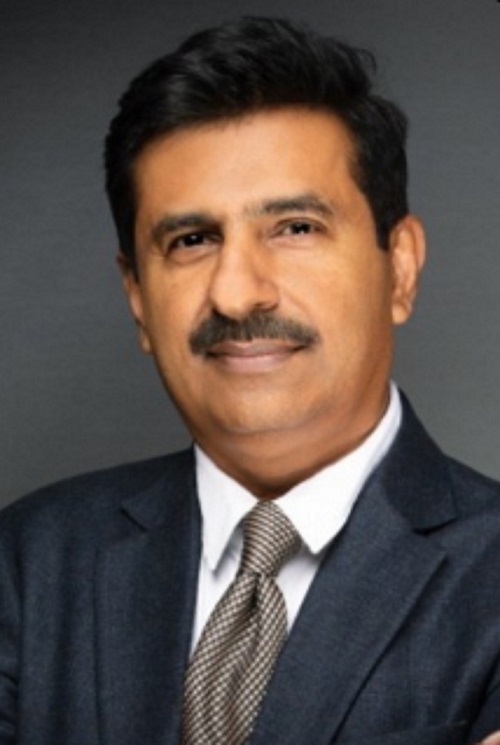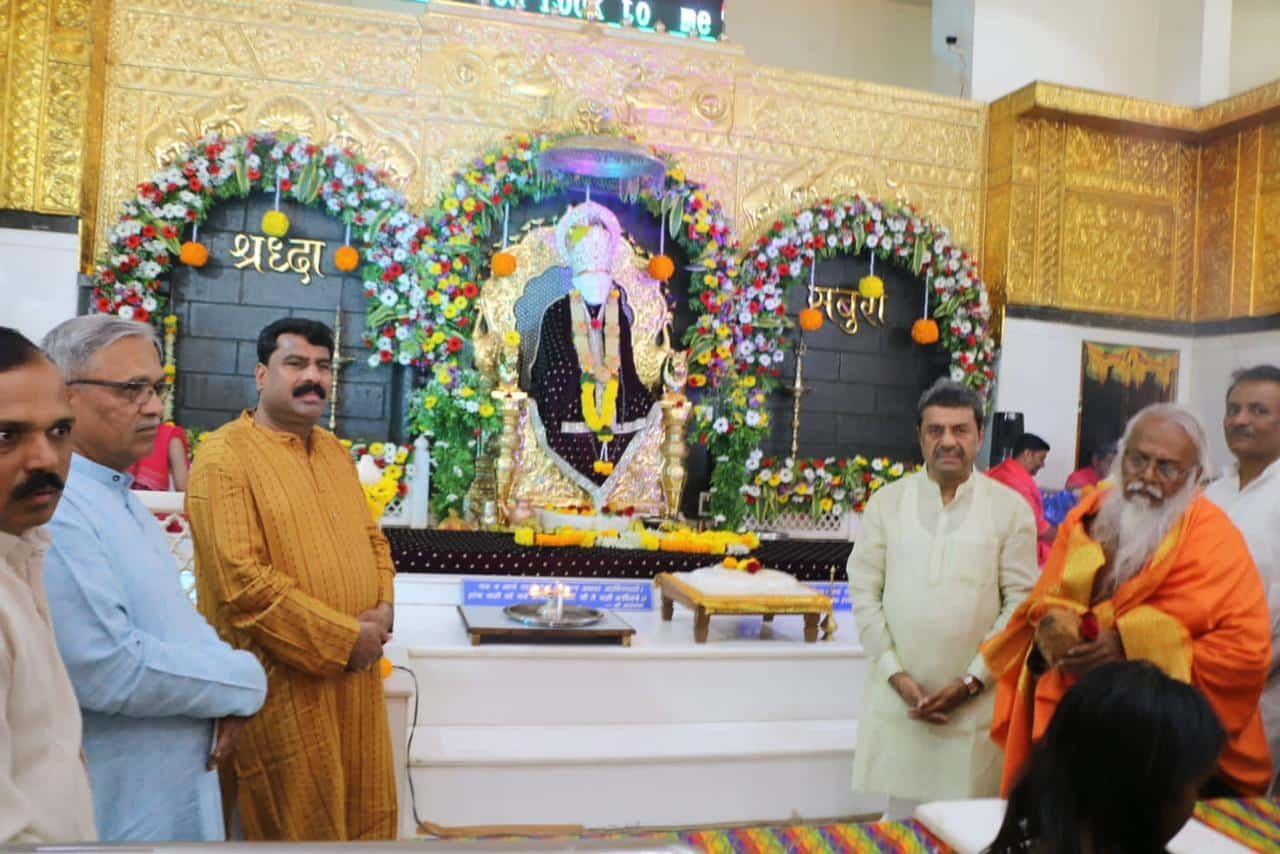Alliance Air, under the Government of India, connects smaller cities and Tier-2 and Tier-3 towns to the main aviation network, bringing remote regions into India’s aviation network. Building on this regional focus, the state-owned carrier introduced the ‘Fare Se Fursat’ (One Route, One Fare) model last month, marking a significant step towards affordable, uniform ticketing across its routes.
The initiative covers sectors such as Delhi-Shimla, Shimla-Dharamshala, Hisar-Chandigarh, Jabalpur-Jagdalpur, and Jalgaon-Ahmedabad, among others. These routes underscore the enduring significance of a public airline in connecting diverse geographies and fostering balanced regional development.
Further connections such as Vidyanagar-Bengaluru, Kochi-Bengaluru, Bhubaneswar-Rourkela, and those in the northern and northeastern regions, including Guwahati-Aizawl, Imphal-Dimapur, and Jorhat-Tezu, demonstrate the airline’s expanding network. By bringing previously unexplored destinations into focus, Alliance Air supports the government’s effort to strengthen regional air connectivity.
Meanwhile, the introduction of ‘Fare Se Fursat’ reflects a well-structured measure to encourage domestic air travel and reinforce India’s aviation ecosystem. Industry experts view this model, launched under the broader framework of the UDAN (Ude Desh ka Aam Nagrik) regional connectivity programme, as a potential turning point for affordable and inclusive air travel nationwide.
 |
Jaideep Mirchandani, Group Chairman Sky One
“The purpose of aviation itself is to make air travel more people-oriented. One of the major concerns for passengers has always been the airfare. During peak seasons, they often have to pay higher prices, and when booking at short notice, they bear the impact of volatility. And if the state comes forward to address this concern, it is undoubtedly a positive step, “,said Jaideep Mirchandani, group chairman of Sky One.
According to the official statement, Alliance Air will introduce a single fixed fare that remains unchanged, regardless of the booking date, even on the day of departure. This pilot initiative will be in effect from October 13 to December 31, 2025. Although it will initially apply only to selected routes, further decisions will be taken after assessing its operational feasibility and passenger response. The key question however is just who stands to benefit the most from this move?
“I think passengers who travel frequently between Tier-2 and Tier-3 cities will benefit the most. Alliance Air generally operates on short and medium routes under the UDAN scheme. Its fleet mainly consists of ATR 72-600 turboprop aircraft, which are suitable for smaller airports and can carry up to 72 passengers. The airline also operates a few ATR 42-600 aircraft with a capacity of 48 passengers and one Indian-made Dornier 228 aircraft that can accommodate 17 passengers. Naturally, this approach will make air travel more people-friendly,” added Mr Mirchandani.
The aviation expert says that measures related to fares and amenities, which may seem insignificant to high-net-worth individuals, hold great value for the common traveller. Without assigning blame, he points out that initiatives such as UDAN Yatri Cafes, offering tea for Rs 10, coffee for Rs 20, and snacks for Rs 20 at airports, can make a real difference to regular passengers.
“Gone are the days when air travel was seen as a privilege of the elite. It should be accessible to more people, ensuring dignity and affordability. We are now addressing one of the biggest concerns of passengers: airfare. I am curious to see how this move will impact private airlines in the country after the pilot phase. It will be interesting to observe how they adapt and incorporate similar measures within their domestic realms,” concluded Mr Mirchandani.






